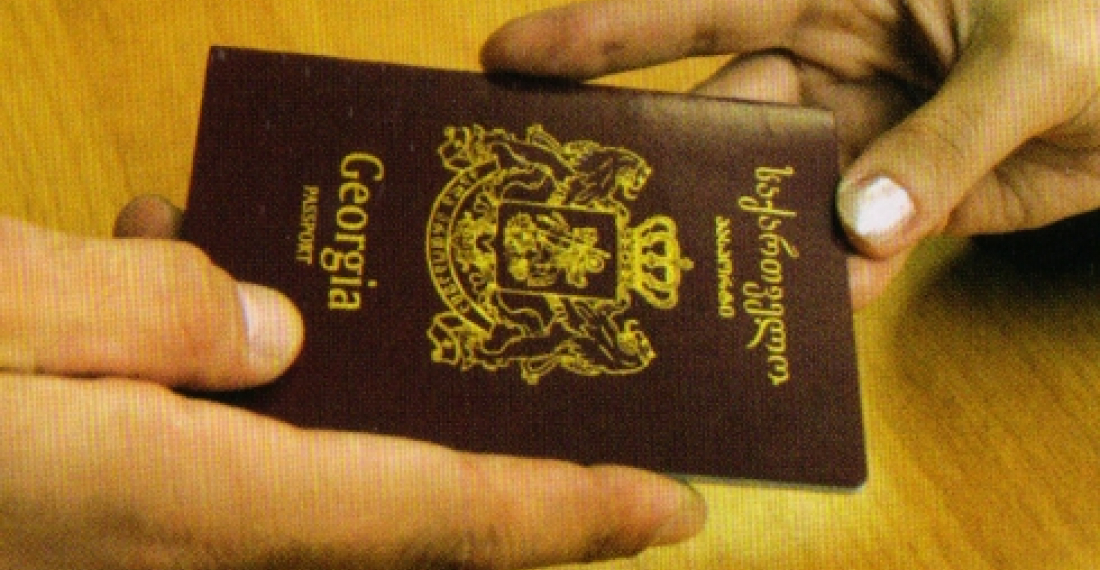Georgia and Iran may abolish visa requirements for citizens travelling between the two countries, following a call between the Georgian prime minister and Iranian president on Monday.
Giorgi Kvirikashvili congratulated Hassan Rouhani on the recent lifting of nuclear sanctions on Iran, which officials are hoping will boost trade and development throughout the region.
There was a visa-free agreement between Georgia and Iran from January 2011, but Georgia revoked it in July 2013. Officials from both countries are hoping that making travel easier will bring further benefits.
“Abolition of visas can develop the level of cooperation,” said Rouhani.
Kvirikashvili noted “close cultural relations between the Georgian and Iranian people and expressed hope for deepening ties in tourism,” according to his office.
Georgia’s president, Giorgi Margvelashvili, said in his annual address to parliament last week that the removal of nuclear sanctions on Iran will create opportunities for Georgia.






